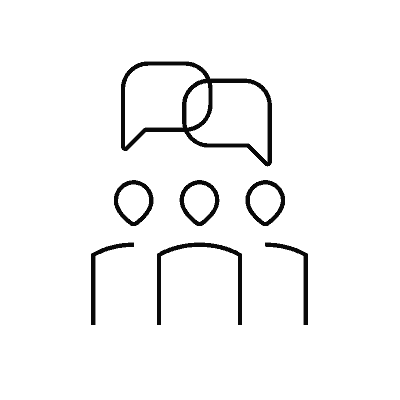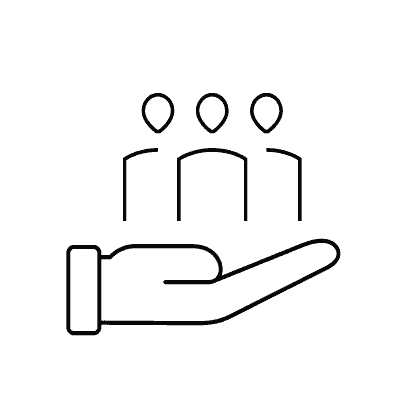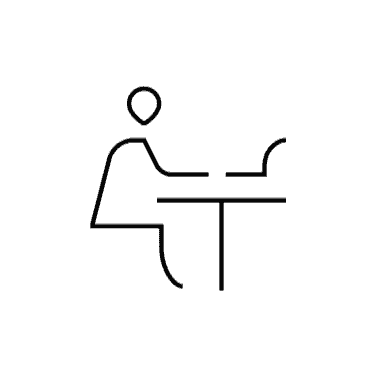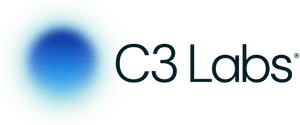
Collaboration for
Complex Challenges
SCROLL TO EXPLORE
OUR VISION
C3 stands for Collaboration for Complex Challenges.
C3 Labs is a global initiative designed to bring people and knowledge together across systems to make critical impact.
We believe that locally-rooted solutions to the most urgent and important problems happen through deep collaboration at the individual and institutional levels.
We convene leaders, practitioners and communities through a shared commitment to finding new ways to work across government, private, and civil society sectors.
The future we need is collaborative.
JOIN THE MISSION
C3 Labs exists to respond to today's complex challenges and cultivate the conditions for meaningful and deep collaboration across sectors, institutions and geographies.
Now more than ever we’re facing crises that transcend boundaries - food insecurity, climate disruption, biodiversity collapse, geopolitical ripple effects. Yet most responses still happen in silos. We know that we can do better together.
We believe systems change only when the way we work together does. From separate to interconnected. From theoretical to practical. From over-engineered to adaptive. From solutions first to human first. From fragmented to holistic.
The C3 Approach
THE C3 FELLOWSHIP, COLLABORATION LABS & CITY HUBS ARE DESIGNED TO:

Build Systems Leadership
Every Lab begins with people. We select a diverse cohort of C3 Fellows - leaders who can navigate complexity and drive more inclusive, collaborative approaches within their institutions and communities.

Strengthen Collaboration
We surface what's already happening and connect the dots. Labs identify opportunities to align existing efforts, incubate cross-sector partnerships and co-design initiatives that respond to systemic challenges.

Cultivate Community
We don’t just build networks - we build relationships. Trust, mutual respect and shared purpose are at the core of the C3 experience. The community continues long after the Lab ends, forming the backbone of the C3 ecosystem.

Transform Institutions
Fellows return to their organisations equipped to shift culture, rewire systems, and influence planning and funding practices. The result? Institutions are better able to respond to the real world’s complexity and sustain change.
ABOUT C3
C3 Labs
C3 Labs are practice based and held at city, national, regional, and global scope and scales. They are focused on specific nexus challenges, where leaders and institutions collaborate to deepen understanding of shared agendas, identify practical opportunities, and strengthen the behaviours and relationships, and mobilising and accelerating collective action. C3 Labs are designed to change how change happens by working across the inner (mindsets), the relational (partnerships), and the structural (systems). Each C3 Lab is tailored to the local context and focused on critical urgent and important thematic areas.
C3 Hubs
C3 City Hubs are locally convened, peer-to-peer communities of leaders committed to working across institutional boundaries with greater trust, courage, and shared purpose. These hubs offer lightly held, relational spaces for candid dialogue, mutual learning, and collective exploration. C3’s approach begins with the understanding that durable collaboration emerges from shared purpose, deeper trust and relationships, and a culture that enables honesty, humility, experimentation, and learning across institutions.
How to Get Involved
In 2025 we are getting ready to launch the first round of C3 Labs - starting with Kenya and Thailand - thanks to seed funding from the Global Environment Facility (GEF) Innovation Fund and through a founding coalition of partners including the UNDP, FAO, UNEP and Wageningen Social & Economic Research Institute. There are many ways to get involved: from participation at the individual level, to partnership and collaboration at the organisational and institutional level. Learn more here and reach out to the core C3 Labs team, facilitated through the United Nations Development Programme: Charles O'Malley, Courtney Savie Lawrence.
We are a multi-partner collective led by UNDP (Global Food Systems Team of the UNDP Nature Hub), FAO, UNEP and Wageningen University & Research. Seed funding is provided by the Global Environment Facility. This visual presentation is for learning and information purposes only.
(c) 2025. All Rights Reserved. C3 Labs Comms & Brand World created by C3 Creatives in Residence Sophie Rucker & Max Lilley.





